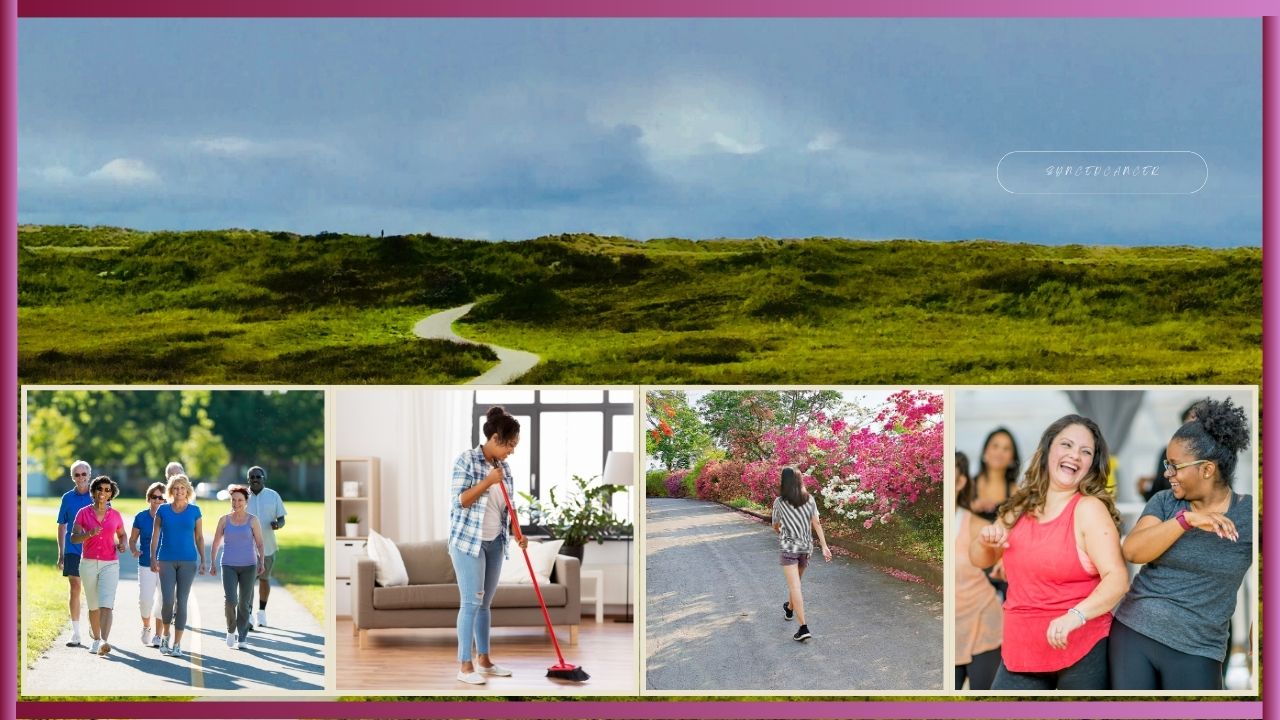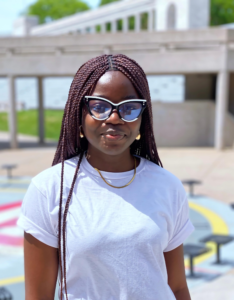If you’re a Nigerian woman who has survived cancer or you know someone who has, this message is for you.
Science is now saying what many of our mothers and grandmothers already knew: movement is medicine. A new international study at the American Heart Association’s Lifestyle and Cardiometabolic Health Conference 2025 found that even simple daily activities like walking can significantly increase your chances of staying alive, especially after cancer.
Here’s what the researchers discovered—and why every Nigerian auntie, sister, and mama needs to take this seriously.
Researchers in the United States tracked more than 2,600 women aged 63 to 99, all of whom had survived cancer (over half had breast cancer). For four years, these women wore special devices (called accelerometers) that tracked how much they moved every day—everything from sweeping the floor to strolling to the market.
They then followed the women’s health for another eight years.
The big question? Would being more active help, these older cancer survivors live longer? The answer was a big YES.
- Women who took 5,000–6,000 steps daily had a 40% lower risk of dying from any cause—whether it was heart disease, cancer, or something else.
- When they looked specifically at heart disease, every extra 2,500 steps per day cut the risk of dying from heart-related issues by 34%.
- Women who exercised at a moderate to vigorous level (like brisk walking, dancing, or even washing clothes by hand) for at least an hour daily had a 60% lower risk of dying from heart disease and 40% lower risk of dying from any cause.
- Even lighter activity—like doing house chores, slow walking, or running errands—was linked to better health outcomes than sitting all day.
The study didn’t just look at how much women walked, they also tracked how much time they spent sitting. And this part is scary:
- Every additional 1 hour and 42 minutes of daily sitting (about 102 minutes) raised the risk of dying by 12% overall and by 30% from heart disease.
In other words, if you’re surviving cancer and your daily routine looks like this: Wake up, sit and watch TV, sit and eat, sit in traffic, sit at church or mosque, sit some more….you could be unknowingly increasing your risk of dying—even if you’re technically cancer-free.
“But I’m Tired After Treatment!”
Of course, you are. Treatments like chemotherapy and radiotherapy can leave the body feeling weak and drained. But that’s precisely why gentle movement is important.
Movement helps you regain strength, improve your mood, reduce anxiety, and—now we know—live longer.
Dr. Eric Hyde, the lead researcher from the University of California, put it this way: “Encouraging cancer survivors to be more active, sit less, and take more steps daily could boost survivorship and reduce heart disease.”
Even if you can’t jog or go to the gym, just moving more around your compound, dancing to music, or walking around your neighbourhood can make a difference.
Why This Matters in Nigeria
In Nigeria, many post-menopausal women (and cancer survivors in general) are told to “rest well.” That’s good advice, but rest doesn’t mean being inactive all day. Add that to:
- Poor awareness about physical rehabilitation after cancer
- Limited access to gyms or physiotherapists
- Cultural beliefs that “exercise is for young people.”
…and it’s no surprise that many Nigerian cancer survivors unknowingly adopt sedentary lifestyles.
But the message from this research is loud and clear: You don’t need fancy workouts. You need to move more. Every step count, whether fetching water, dancing at a party, or walking to buy tomatoes.
A Few Simple Tips to Start Moving More (Without Stress)
- Turn house chores into exercise: Mopping, sweeping, washing, and even pounding yam. These count as light to moderate activity.
- Do “compound rounds”: Walking around your house or yard every morning and evening helps. Set a goal: 10–15 minutes at a time.
- Break-up sitting time: Set a reminder every hour to stand up and stretch, walk to the gate, or even walk in place.
- Dance often: Whether it’s Fuji, Afrobeat, or gospel music, it is a fun way to stay active.
- Use errands as exercise: Instead of sending someone, take short walks to the market or kiosk when possible.
Conclusion
Surviving cancer is no small feat. But living well after cancer takes more than medicine. It takes movement, too.
This study reminds us that you don’t have to do much; don’t do nothing. Every step you take is a step toward a longer, healthier life.
So, to every Nigerian cancer survivor, especially our post-menopausal women: Keep walking. Keep moving. Keep living because your journey didn’t end with cancer; it only just began.
Reference
Breast Cancer.org – https://www.breastcancer.org/news/more-walking-longer-life
Accessed 8th May, 2025











What do you think?
It is nice to know your opinion. Leave a comment.